


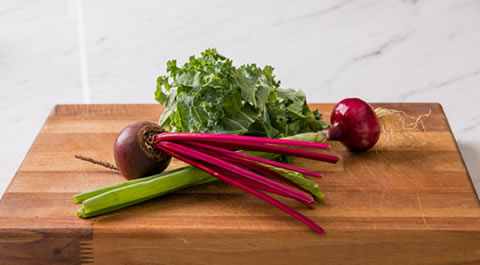
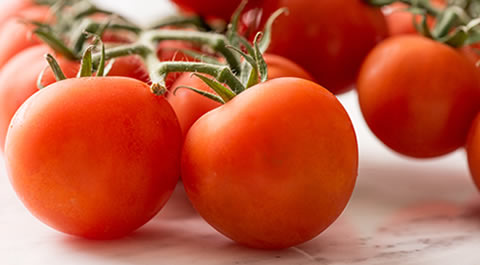
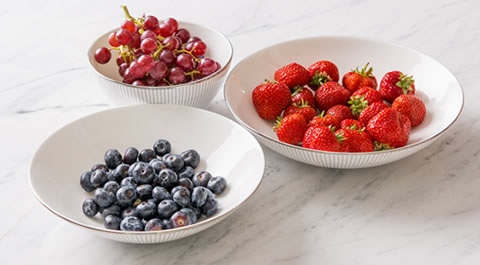
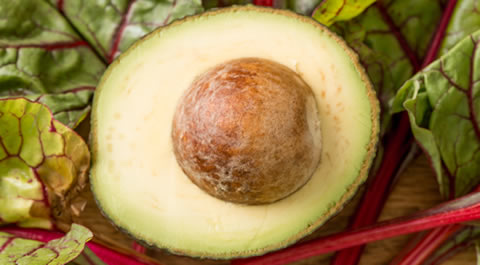
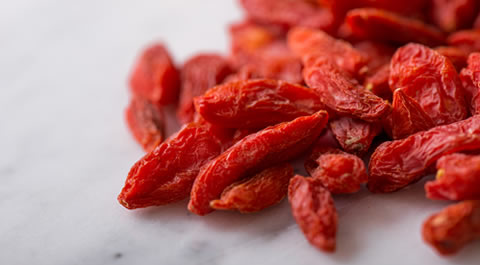

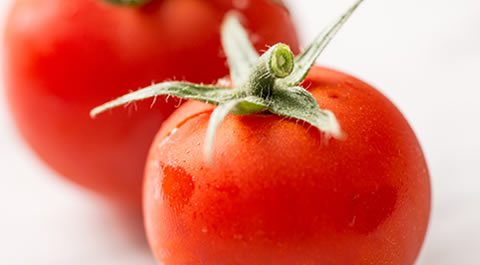
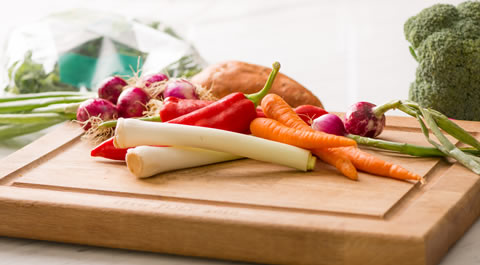
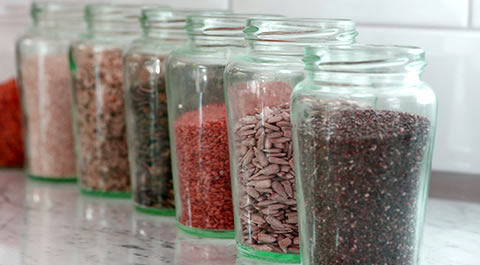





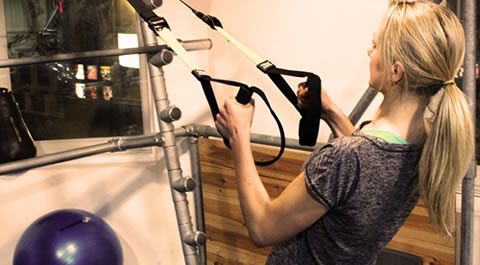

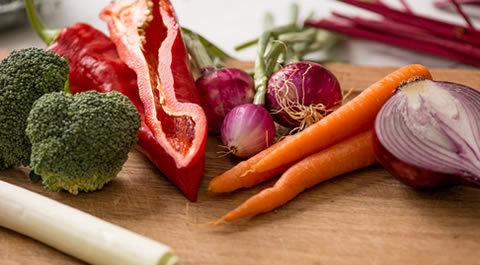
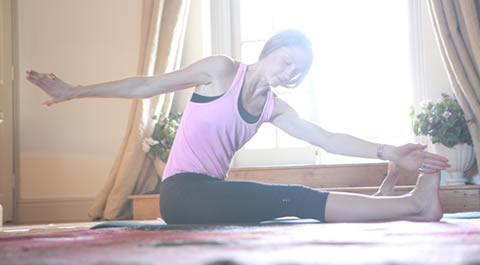
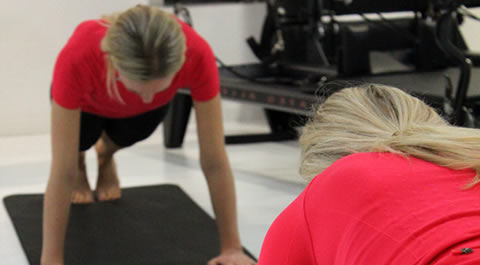


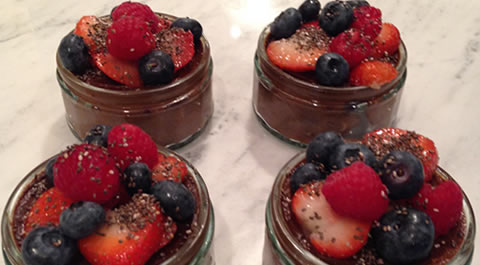


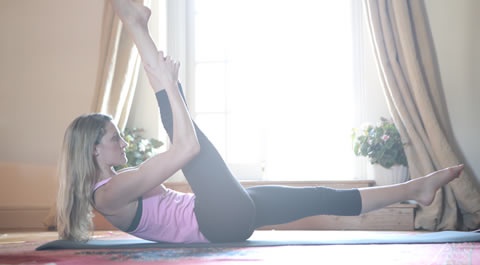
January resolutions and efforts to be healthier after Christmas may have boosted your energy levels but how do you maintain consistent energy especially at the end of winter and avoid mid-afternoon slumps, caffeine dependency to keep going or cravings for carbohydrates or sugar? The key is to use diet and lifestyle to balance blood sugar.
Throughout the day blood glucose levels may fluctuate outside of the bodies desired blood glucose range swinging from being very high after a meal, stimulant or stress, to being very low, for example if missing breakfast or after exercise. However, insulin is a hormone responsible for returning blood sugar levels to within a normal range resulting in consistent energy levels throughout the day. Increased/ imbalanced blood sugar levels over a long period can lead to less energy, diabetes, gestational diabetes, obesity, heart disease, polycystic ovary syndrome, middle weight gain and ageing.
Factors influencing energy balance
• Impaired Insulin secretion
• Stressful or sedentary lifestyle
• Insulin resistance
• Being overweight
• Family history of type 2 diabetes
• Recreational drugs
• High refined carbohydrates, sugar & low fibre
• High stimulants: Tea, coffee, chocolate, fizzy drinks, energy drinks, alcohol
Symptoms of energy imbalance
• Need more than 8 hours sleep
• Feeling thirsty
• Frequent need to urinate
• Need a coffee or tea to get going
• Heavy sweating during the day
• Fatigue
• Dizziness
• Mood swings
• Craving for sweet foods/ carbs
• Headaches
• Palpitations
• Energy dips (especially mid afternoon)
Diet tips for supporting energy
- Eat 3 meals and a snack in between main meals if hungry.
- Focus on a low glycaemic load diet (GL of 15 or below - see www.nutritiondata_fullstop_com). GL takes into account the carbohydrate content of a food, the portion size and glycaemic index (a food’s effect on blood sugar levels) so giving a fuller picture. (GL>20 = high, GL 11-19 = Medium, GL<10= Low).
- Include protein and good fats at every meal (slows down the absorption of carbs) – see below.
- Eat dinner earlier
FOODS TO AVOID
• Sweets, chocolate, artificial sweeteners
• Hidden sugars in processed foods e.g. cereals, sauces, dressings
• Fruit and dried fruit - have with portion of nuts* or seeds
• Refined carbohydrates: white bread, white pasta, white rice, potato
• Puffed rice cereal or rice cakes
• Processed meats e.g. bacon, salami or high fat content e.g. red meat
• Hydrogenated fats e.g. biscuits, cakes, packaged food, margarine
• Drinks - Squash, fruit juices or smoothies, fizzy drinks, coffee, hot chocolate, tea, alcohol
FOODS TO INCLUDE
• Complex carbohydrates e.g. wholemeal bread and pasta, brown rice, quinoa, buckwheat, rye, oats, barley, millet, sweet potatoes, vegetables
• Sugar alternatives- Cinnamon, FOS (a resistant starch to enhance gut flora that improves glucose metabolism)•
• Protein - Chicken, turkey, oily fish & white fish, eggs, quinoa, legumes (lentils, beans, chickpeas), quinoa, protein powders, greens powders, nuts*
• Fibre - Oat bran, flaxseed, vegetables with skin on (organic if skins on), legumes, wholegrains, silium, pectin found in apples
• Omega 3 fats - Olive oil (cold only), coconut oil (for cooking), avocado oil, nuts* and seeds, oily fish (wild salmon, mackerel, sardines, anchovy, herring), avocado
• 1.5-2 litres of water, herbal teas (Liquorice, holy basil, fenugreek)
Key nutrients for energy production
• VITAMIN C - Citrus fruits, kiwi fruit, sprouted seeds, black currants, tomatoes, peppers, leafy green vegetables
• B-COMPLEX - Poultry, fish, eggs, legumes, nuts* & seeds and leafy green veg, avocado, citrus fruit
• CHROMIUM - Eggs, chicken, wholegrains, fruit & veg, nuts*, cinnamon, black pepper.
• MAGNESIUM - Fish, lentils, cacao, nuts* & seeds, dried fruits, beans, leafy green veg
• ZINC - Oysters, poultry, seafood, eggs, wholegrains, pumpkin seeds, mushrooms.
• MANGANESE - Pineapple, nuts*, brown rice, beans, sweet potato
*Nuts are nutrient dense and an excellent source of protein and omega 3 fats which all play an important role in blood sugar balancing. Activated Nuts though have more nutrients and are easier to digest than raw and are simply delicious.
Lifestyle tips for supporting energy
Stress management (stress releases stress hormones that produce glucose for extra energy but if not used blood sugar increases)
• No tech 90 minutes before bed and do something relaxing e.g. having a bath, cooking, watching easy going TV, reading.
• Practice stillness every day and for 10 minutes in stressful situations e.g. 3-4-5 breathing, meditation, mindfulness (Calm or headspace apps), yoga
Be active (reduces obesity, insulin resistance and stress, which increase blood sugar)
• Being busy on your feet or doing movement breaks at work if sitting all day
• Moderate exercise e.g. 30 mins 3-4 times/ week. Avoid high cardio when very stressed and replace with strength/ resistance and restorative classes e.g. yoga, pilates, body balance.
Sleep (lack of quality sleep increases blood sugar)
• Aim for 4-5 sleep cycles/ night (one cycle is 90 mins)
• Reset circadian rhythm by spending at least 20 minutes outside (even if cloudy) within 1-2 hrs of waking
• Phones onto ‘night-time’ mode in the evening
• Create absolute darkness in bedroom e.g. blackout blinds
• Remove all screens from bedroom (use old type alarm clock for waking or glo-clock)
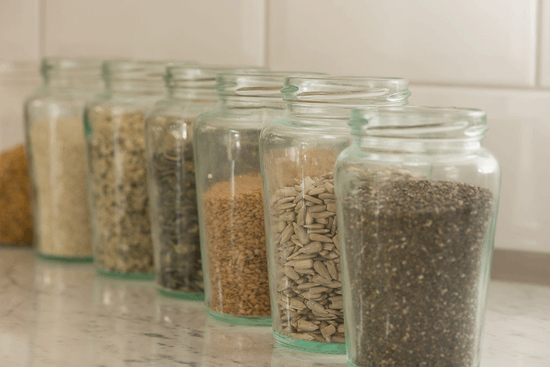
1) Increase Water
2) Cardio Exercise
3) Improve Sleep Quality & Relaxation
4) Boost Liver & Digestion Supporting Foods
5) Decrease toxic load
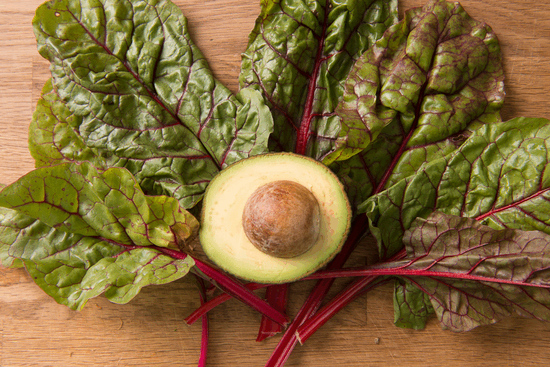
Are you go go go all the time?
Do you spend evenings glued to your phone?
Are you always multi-tasking?
Are you unable to concentrate on watching a film or TV?
Does your mind race around for the next thing to be done while trying to relax?
Do you get anxious or does your gut unsettle in response to work or home demands?
Are your energy levels inconsistent through the day?
Are you sacrificing sleeping hours for more time online?
Do you find it hard getting to sleep and staying asleep?
If yes is the answer to any number of these questions, you could be overly stressed and in ‘fight or flight’ mode too much, which can affect energy levels, sleep quality, productivity and mood over time. However, boosting stress management through mindful downtime and relaxation techniques, supporting the adrenal glands so they can keep up with life’s demands and blood sugar balancing to encourage consistent energy levels can help.
NUTRITION
1) Complex carbohydrates (digested more slowly producing more consistent energy and high in fibre to improve gut transit and elimination of stress hormones) e.g. wholegrains such as brown rice, quinoa, rye, spelt, buckwheat, millet, oats, pearl barley.
2) Omega 3 fats (support energy production, adrenal glands and mood) e.g. oily fish such as salmon, mackerel, sardines, anchovies as well as nuts, seeds, coconut oil, olive oil and avocado.
3) Eat protein with every meal and snack (balances blood sugar) e.g. chicken, turkey, fish, eggs, quinoa, legumes, (beans, lentils, chickpeas), nuts and seeds.
4) Micronutrients
- Antioxidants (reduce free radicals caused by stress and support adrenal function) - Increase fruit and vegetables to 8-10 portions/day. Maximum 2 fruits and include 2 leafy green vegetables (chard, spinach, kale, cabbage, brussel sprouts, broccoli). Try to eat a rainbow of colours, seasonally, local and organic.
- Potassium(adrenal gland function) e.g. fruit and vegetables, beans, chicken and fish.
- Magnesium(energy production and relaxation) e.g. dried apricots, Brazil nuts, pumpkin seeds, flaxseeds, almonds, cashews, eggs, beans.
- B5 and B6(energy, mood and anxiety) e.g. lentils, salmon, tuna, mushrooms, brown rice, prunes.
5) Himalayan Rose Salt (for adrenal fatigue) - 1tsp with water before breakfast
6) Water - drink 2 litres of filtered water each day. Herbal teas e.g. liquorice, peppermint and green teas support adrenals
7) Limit sugar, caffeine, alcohol and simple carbohydrates e.g. white or refined bread, pasta etc (all cause short term energy boost and put extra pressure on adrenal glands).
LIFESTYLE
8) No tech 90 minutes before going to bed- do something relaxing/ conscious ‘me time’ e.g. having a bath, cooking, watching easy going TV, reading, adult colouring books, gardening, yoga. Put phone on aeroplance mode over night and ensure bedroom is completely dark.
9) Stillness - try to do 5-10 minutes/day e.g. 3-4-5 breathing (breathe in for 3 seconds, hold for 4 seconds and breathe out for 5 seconds - this is also very good in stressful situations), meditation or mindfulness (Headspace or Calm apps).
10) Exercise - moderate exercise e.g. 30 mins 3-4 times/ week. Avoid regular high cardio when very stressed. Replace with more strength/ resistance and restorative classes e.g. body pump, body conditioning, swimming, yoga, pilates, body balance.
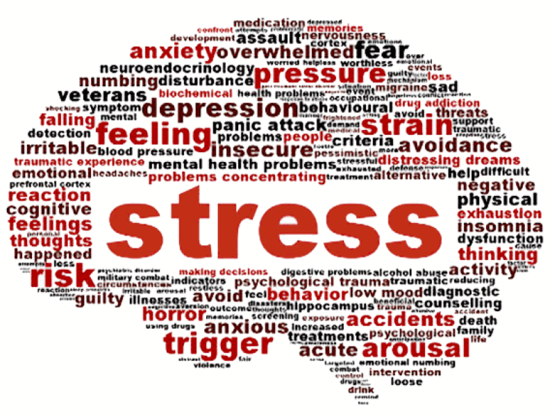
The captcha answer is not correct.
Are you human? If yes, please check it and try again, thank you.
There's a service issue at this time and there's nothing we can do about it. Please, try again later.
The message received is the following:
Your email has been successfully added to our database, thank you.